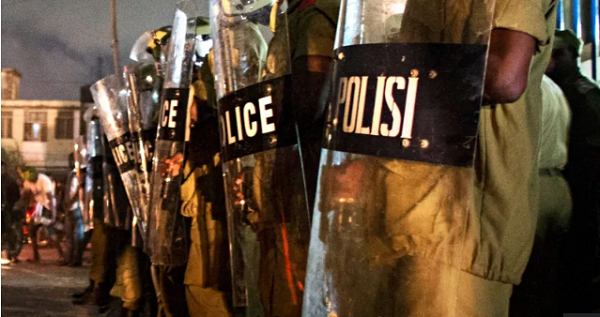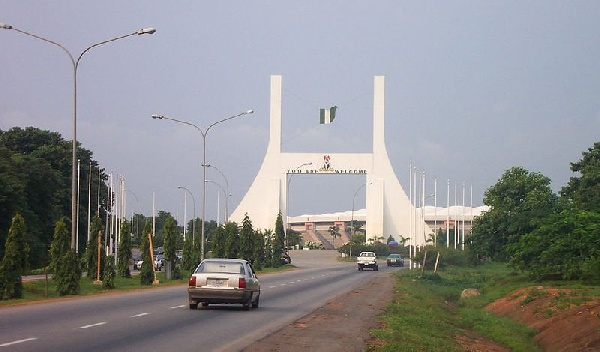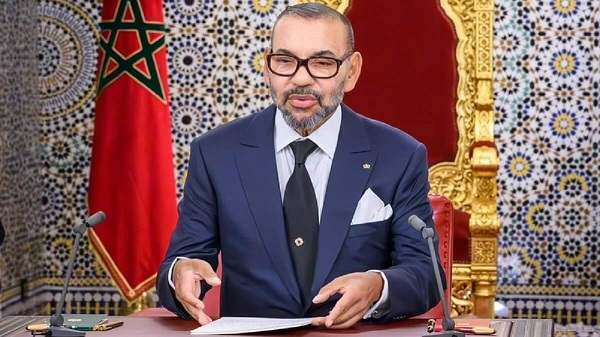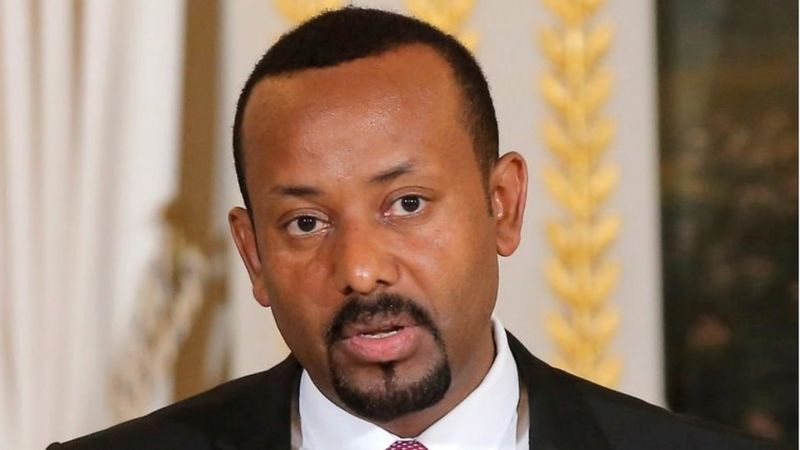At 80, Museveni set for ‘second coming’ with political cards close to chest
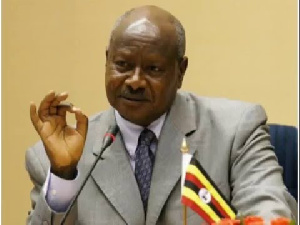
Yoweri Museveni’s date of birth was always a subject of debate due to a lack of records. Then his family landed on September 15 as the month he was brought to this earth some 80 years ago.
Now an octogenarian, he plays fit-as-fiddle, sometimes appearing in short videos doing press-ups.
And this week, he told supporters he would “resurrect again” like the biblical Jesus. Only that he is a political resurrection—in Uganda.
Some concluded that he was referring to running again in the 2026 presidential election. But the old man has not said it in plain language.
Ruling NRM party spokesperson Emmanuel Dombo told The EastAfrican that there was no official declaration, yet.
He said, however, that the ruling party’s central executive committee (the top organ of the National Resistance Movement) had passed a resolution in 2020 declaring Museveni the sole presidential flagbearer for the party for 2021 and beyond.
This makes Museveni a flagbearer in all the elections the party participates in until he decides not to.
“As a party, we have procedures on how a flag-bearer is picked. And we shall do that at the right time. But we do that cognisant of the contribution Mr Museveni has made for the country,” Mr Dombo said.
Museveni is both a hero and a villain, depending on who you ask. In 1986, he defeated Tito Okello Lutwa’s forces, taking over Kampala from a man he had described as a hijacker of a revolution.
Last weekend, the Ugandan leader, with his daughters, sons-in-law, and grandchildren, celebrated his birthday in Nakaseke district, central Uganda, which also acted as the epicentre of the war that catapulted him to power 38 years ago.
This region has remained largely undeveloped despite several interventions by the government.
Museveni’s longevity goes beyond Uganda. He is the only survivor of the 3Ms —leaders of Kenya, Uganda, and Tanzania who helped revive the East African Community that had collapsed in the 1970s, some 25 years ago this year.
His colleagues, Daniel Arap Moi (Kenya) and Benjamin Mkapa (Tanzania) celebrated their 80th birthday in retirement. They have since died.
Museveni looks upbeat for the next set of elections that would take him to the seventh constitutional term of office which ends in 2031, when he will be aged 87. His birthday wish was an integrated region, which he hopes to realise when still president of Uganda.
At 80, though, the old man has adopted some new tone, sounding apologetic. He had seen himself as infallible in the past.
“I am sorry about the poor state of some of these roads. Because today we are celebrating and thanking the Lord, I cannot quarrel, but I will find time to come back and talk about the many other issues raised by the people,” he said.
The choice of Luwero was significant. For many years, Museveni used Luwero as his launch pad into another political season and his calculations have always been on point.
This party looked like a well-choreographed political move by Museveni to evoke memories of the suffering the five-year war brought to Luwero and surrounding districts into what became the famous Luwero triangle during and after the Bush War.
“We started the war from here. The people of Luwero received us and embraced the revolution. They sacrificed their lives, food, security, and others to liberate this nation. They gave us the wisdom and grace to work with them to accomplish this mission.
“With undeniable support and blessings, we succeeded in winning the war and started laying the foundation for the long-term transformation of the country,” Museveni told the people in 2022.
In January 2020, exactly a year before the presidential election that pitted him against popstar Robert Kyagulanyi aka Bobi Wine, Museveni made a six-day, 195km walk from Garamba, a village located about 20km north of Kampala, through the jungle of Luwero to Birembo, Kibaale district, about 216km northwest of the capital.
Museveni, then seeking a sixth term of office, used the walk to connect with surviving members of his village intelligence networks, who helped him evade government forces during the war, as well as meeting children and grandchildren of the bush war fighters and collaborators.
In the heat of the 2016 elections in which he faced his strongest political opponent Dr Kizza Besigye—who himself had been in the Luwero jungles—Mr Museveni still appealed to his people in Luwero. In the past few months, the veteran leader has made frequent visits to the area.
Archbishop Anthony Zziwa, chairperson of the Episcopal Conference, drew his message from Psalms 90:10, which talks about age 80 and the challenges with it, which Kira Municipality MP Ssemujju Nganda accentuated by asking that Museveni go for a check-up.
Parliament presided over by Deputy Speaker Thomas Tayebwa, one of Museveni’s harvests from the opposition, refused to discuss it, instead commending him for being healthy and doing great despite his age.
Museveni has tried something new still. At the end of July, Nobert Mao, Minister for Justice and Constitutional Affairs, introduced a set of reforms meant to change Uganda’s democratic landscape as the country looks to the post-Museveni era.
The proposals include the introduction of electronic voting, synchronisation of presidential, parliamentary, and local council elections, and a shift towards a proportional representation system with both Upper and Lower Houses of Parliament.
Mao says the introduction of electronic voting will eliminate fraud and vote rigging, which have been the greatest points of contestation in all the past elections.
Former presidential candidates, Kizza Besigye, Amama Mbabazi, and Robert Kyagulanyi, have at different times taken Museveni to court alleging he benefited from election fraud to take the country’s top seat. In nearly all the cases, the judges agreed with the petitioners but still upheld the results.
“Electronic voting is a game-changer for our democracy. It will enhance transparency and restore public confidence in our electoral processes,” Mao says.
At the time Mao was appointed minister, he mentioned that his mandate was to manage the transition from the bush war heroes to the new generation.
Mao, who also doubles as the president of the country’s oldest political party, the Democratic Party, was appointed in July 2022.
Although Museveni said he did not discuss with Mao about the transition, it is understood that the president was looking for a way of accommodating his son Muhoozi Kainerugaba, now Chief of Defence Forces, in the new political dispensation after him.
Gen Muhoozi had insisted that he would contest for president in 2026 and used his MK Army (as his supporters are referred to) to garner support from the people. The grouping has since become the Patriotic League of Uganda. However, his appointment to the top army position reduced his engagement with the people, weakening his movement at the grassroots.
Michael Mawanda, his head of mobilisation, and Member of Parliament for Igara East in Bushenyi, western Uganda, was imprisoned for corruption. When he came out recently, he said all his political allies had abandoned him.
Gen Muhoozi’s ambitions could now be on the shelf for the next five years as he tangles with army leadership. His father, however, has found time to praise his military capabilities at public functions.
Source: theeastafrican.co.ke

